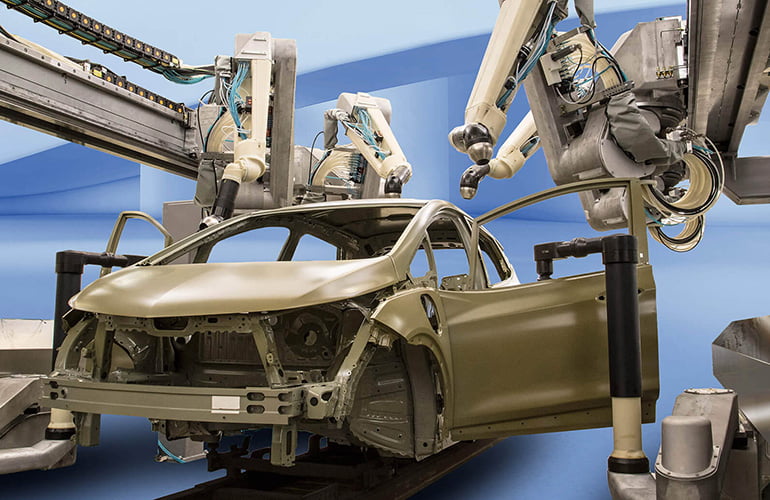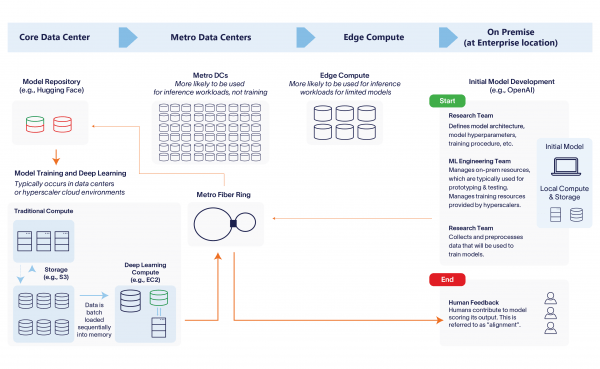
Wildfires have shaped the environment for millennia, but they are increasing in frequency, range and intensity in response to a hotter climate. The phenomenon is being incorporated into high-resolution simulations of the Earth’s climate by scientists at the Department of Energy’s Oak Ridge National Laboratory, with a mission to better understand and predict environmental change. […]

A group of researchers at the University of Cambridge found that robots can decrease productivity in the short term but can increase it in the long term. This U-shaped phenomenon is due to the relationship between reducing costs, developing new processes and innovating new products. The post Unraveling the U-Curve of robot deployment productivity appeared […]

In this episode of the Robot Report podcast, [the hosts] chat with podcaster Kevin Lawton about warehouse automation, evolution, and his fulfillment venture. The post Trends in warehouse operations with Kevin Lawton appeared first on Robotics Business Review.

Altair, a global leader in computational science and artificial intelligence (AI), released results from a global survey that reveals the widespread use of digital twin technology in the banking and financial industries. The post Altair Survey Reveals Growing Impact of Digital Twin Tech in Banking, Financial Services, and Insurance Industries appeared first on HPCwire.

In today’s fiercely competitive financial markets, staying ahead of the game requires ongoing refinement of risk management and trading strategies. Yet financial firms face diverse challenges—from processing and securing ever-growing amounts of data at unprecedented speeds to safeguarding against the persistent threat of cyberattacks and maintaining regulatory compliance. The post Enhancing Risk Management and Trading […]

A potentially game-changing theoretical approach to quantum computing hardware avoids much of the problematic complexity found in current quantum computers. The strategy implements an algorithm in natural quantum interactions to process a variety of real-world problems faster than classical computers or conventional gate-based quantum computers can. The post Los Alamos Researchers Advance Quantum Hardware with […]

Altman Solon believes growth in enterprise-level generative AI tools will lead to incremental demand for compute resources, positively benefiting core, centralized data centers, where training occurs, and local data centers, where inference occurs. Network providers should see a moderate increase in demand for data transit networks and a boost for private networking solutions. The post […]

According to a new global study conducted by S&P Global Market Intelligence and commissioned by WEKA, the adoption of artificial intelligence (AI) by enterprises and research organizations seeking to create new value propositions is accelerating, but data infrastructure and AI sustainability challenges present barriers to implementing it successfully at scale. These challenges have been exacerbated […]

A team of researchers at the Technical University in Delft, Netherlands and the Swiss technical university EPFL used ChatGPT to help them develop a tomato-picking robot. A study about the development of the robot was recently published in Nature Machine Intelligence. The post Researchers use ChatGPT to make a tomato picking robot appeared first on The […]

Expanding a GPU cluster is far from straightforward, especially as generative AI has accelerated shortages. NVIDIA A100 GPUs were some of the first to be impacted (reported increases by up to 40% above MSRP according to WCCFtech) and they are now so scarce that the lead time for some versions is up to a year. These supply […]










